Less Radical was chosen as a ‘Best Podcast of the Week’ by The Guardian! Thank you to listener Hollie Richardson who nominated us! And thank you to everyone who listens and shares Less Radical each week. I appreciate you!
When a colleague’s misconduct is discovered, Fisher is forced to resign from the NSABP and becomes the subject of a Congressional investigation. As the walls close in, Fisher fights back. He spends the rest of his life trying to restore his reputation.
Pictures:
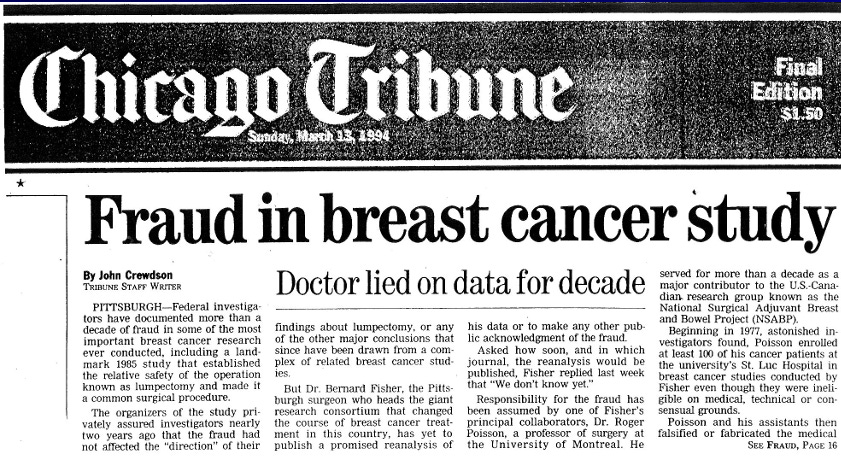
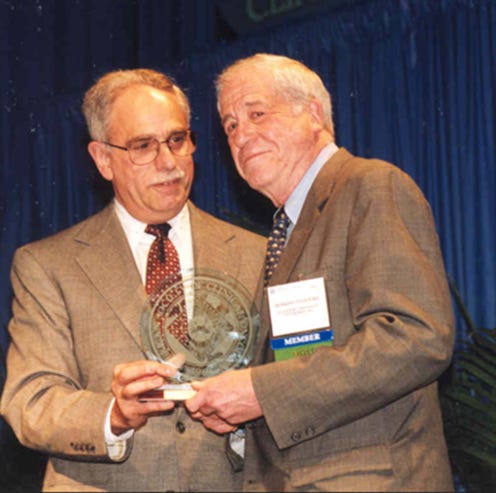
And a video…
The last recorded interview given by Dr. Fisher. He was 93 years old.
Keep Reading:
Links:
Further proof that more radical surgery doesn’t always save lives.
The myth of Prometheus explained by
Dozens of women suffered when a nurse substituted water for their pain medications. Where is the oversight hearing?
The C-SPAN video of Dr. Fisher testifying before Congress in 1992 for a hearing on breast cancer education
Below is the link to the final report of the Hearings before the Subcommittee on Oversight and Investigations of the Committee on Energy and Commerce House of Representatives. April 13 and June 15, 1994
Sources:
1985 Lasker Awards Luncheon and Press Conference. National Library of Medicine.
When AIDS Was Funny. Directed and produced by Scott Calanic. Vanity Fair. December 1, 2015.
Dr. Susan Love on breast cancer activism in the 1990’s. The Cancer Letter. October 27, 2021.
Virus Hunting by Robert Gallo, MD.
“The Dangers of Trial by Dingell” by Dr. Bernadine Healy. The New York Times. July 3, 1996.
The Baltimore Case by Dr. Daniel J Kevles.
Anatomy of a Scandal. The Cancer Letter. November 1, 2019.
Fraud in Breast Cancer Study. Chicago Tribune. March 13, 1994.
NCI Apologizes for Mismanagement of NSABP, Says Fisher Resisted Criticism. The Cancer Letter. April 22, 1994.
Helene Brown. The Cancer Letter. October 16, 2020.
University of Pittsburgh Apologizes to Dr. Bernard Fisher. Oncology News International. October 1, 1997.
Bernard Fisher, a pioneer in breast cancer research, dies at 101. Pitt Wire. October 19, 2019.
“Breast Cancer: Winning the Battles, Losing the War” House Subcommittee on Aging. October 1, 1992.
Budget cuts hit world’s largest cancer-research funder: what it means for scientists. Nature. September 23, 2024.





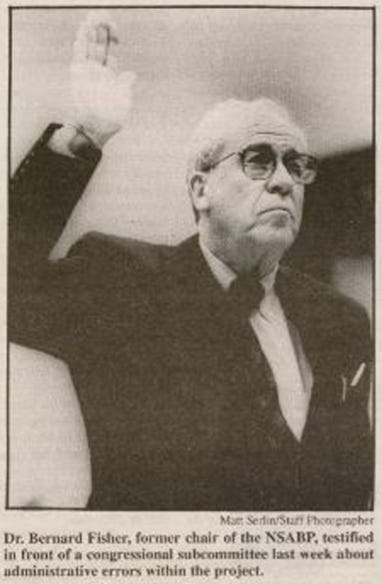

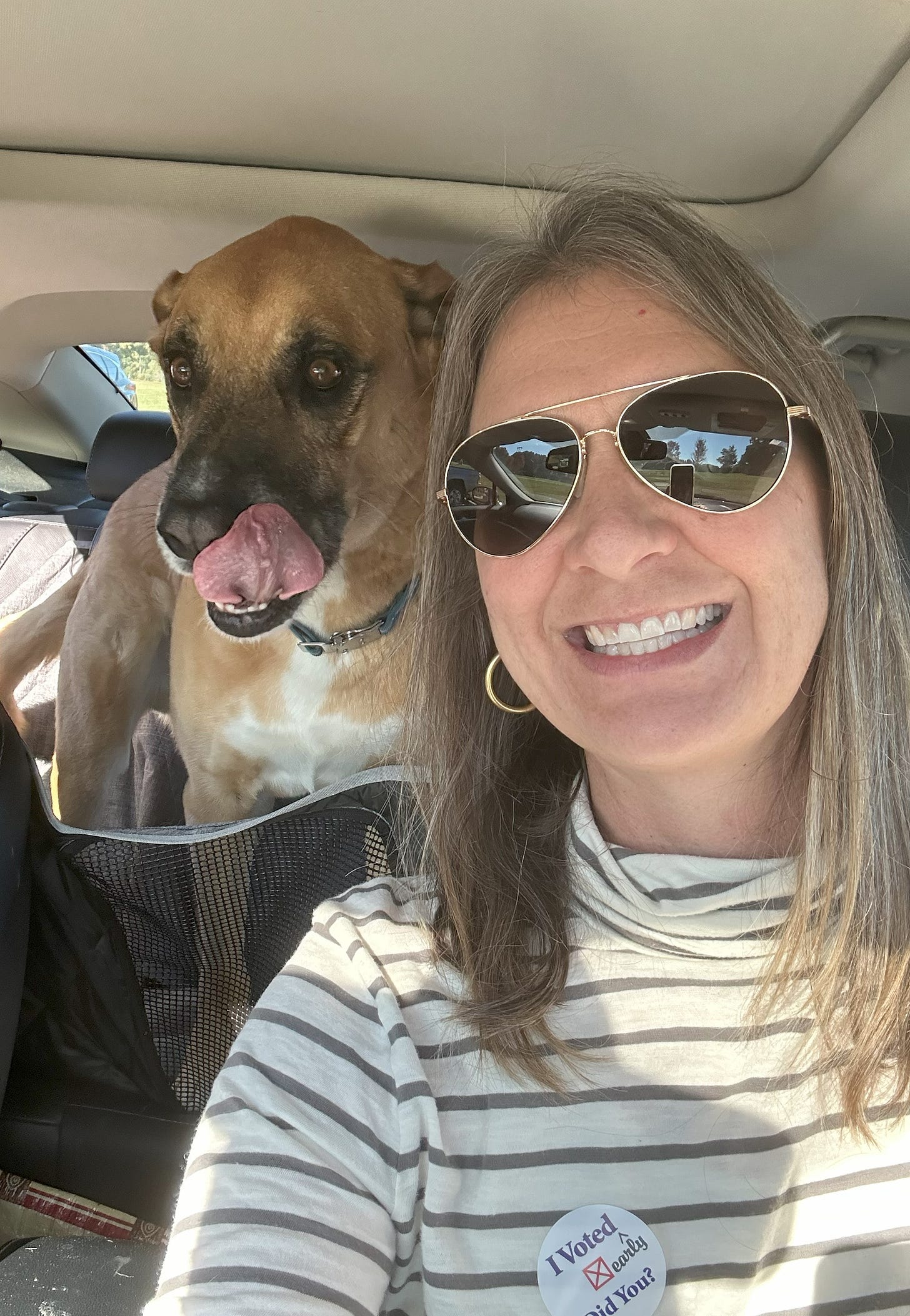


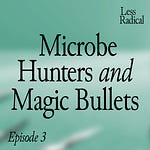




Share this post